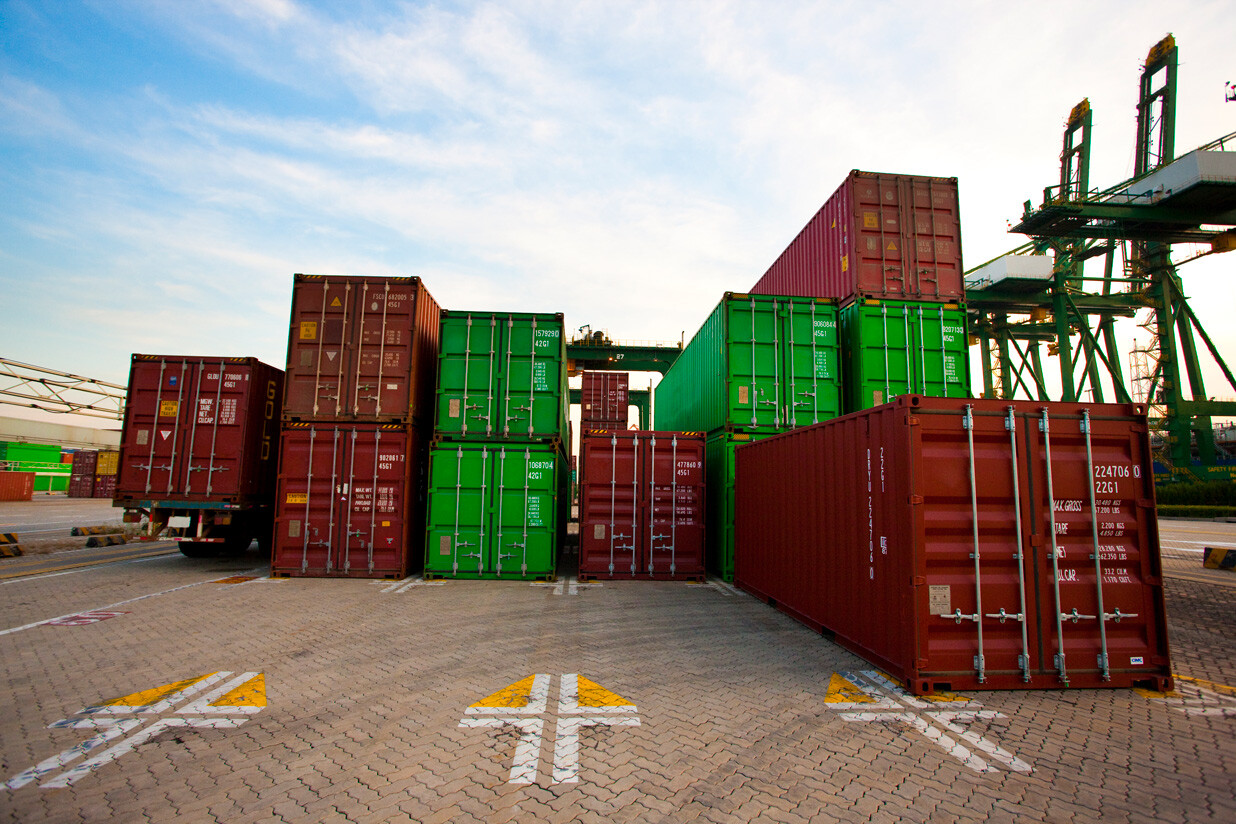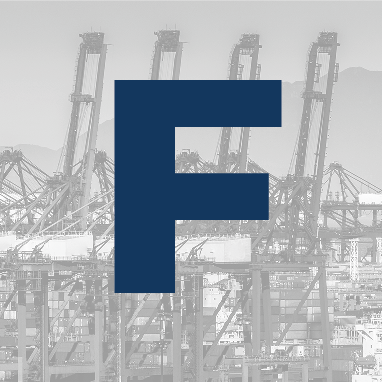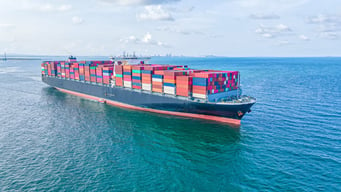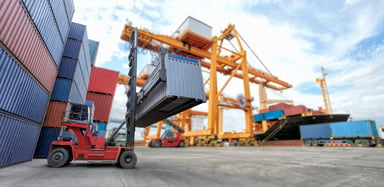
Free Carrier (FCA) in shipping terms

Home > Freight Glossary > FCA (Free Carrier)

Trending
FCA Incoterm Definition
FCA, or Free Carrier, is one of the Incoterms used in international trade to define the responsibilities of buyers and sellers. Under the FCA shipping term, the seller is responsible for delivering the goods to a carrier or another party nominated by the buyer at a specified location. The goods are considered delivered once they are handed over to the carrier, at which point the risk transfers to the buyer. FCA Incoterms are widely used for both domestic and international shipments across various modes of transport, including road, rail, air, and sea.
Common Scenarios Where Free Carrier is Used
FCA is typically used in scenarios where the buyer wants control over the main leg of the transport and prefers to handle the international or long-distance portion of the shipping process. For example, in FCA export terms, the seller delivers the goods to a specified location where the buyer’s chosen carrier takes over, making this Incoterm especially suitable for buyers who have established relationships with specific carriers or logistics providers.
Suitable Modes of Transport
FCA (Free Carrier) can be applied to various modes of transport, including:
- Road Transport: Suitable for domestic and short-haul shipments.
- Rail Transport: Used for land-based transport over long distances.
- Air Freight: Common for high-value or urgent shipments.
- Sea Freight: When used for containerized cargo delivered to a shipping terminal.
FCA in Shipping: Key Responsibilities
Seller's Responsibilities
- FCA Delivery Incoterms state that the seller must:
- Prepare and package the goods.
- Handle export formalities, including customs clearance.
- Deliver the goods to the agreed-upon location, such as a port or logistics terminal, and transfer them to the carrier nominated by the buyer.
- Provide the necessary documentation for the buyer to clear the goods at their destination.
Buyer's Responsibilities
- The buyer is responsible for:
- Selecting and appointing the carrier or logistics provider.
- Arranging transportation from the agreed delivery point to the final destination.
- Covering all costs associated with transport beyond the delivery point.
- Managing import customs clearance and paying any import duties or taxes.
Risk Transfer Points
Risk under FCA Incoterms transfers from the seller to the buyer once the goods are handed over to the buyer's nominated carrier or at the specified location. This point is crucial in FCA transportation because it marks the moment the buyer takes on any risks associated with damage or loss.
The risk transfer point can be at the seller’s premises, where the goods are loaded onto the buyer’s nominated vehicle, or at a designated terminal, such as a shipping port or airport, depending on the FCA export terms agreed upon.
Insurance Responsibilities Under FCA
Under the FCA Incoterm, there is no mandatory insurance requirement for either the buyer or seller, unlike other Incoterms such as CIF. However, it is common practice for the buyer to secure insurance after the risk has been transferred. Sellers may also choose to insure the goods up to the point of transfer, but this is not required by the FCA Incoterms.
Costs Involved
Costs Borne by the Seller
- Preparing and packaging the goods.
- Loading the goods onto the buyer’s carrier.
- Export duties and customs clearance.
- Delivery to the specified point, such as a logistics terminal or port.
Costs Borne by the Buyer
- The cost of transportation from the point of delivery to the final destination.
- Import duties and customs clearance.
- Insurance from the point of risk transfer onward.
- Any additional charges incurred during transit, including FCA charges in shipping.
Advantages of Using Free Carrier
- Flexibility: FCA allows the buyer to select their preferred carrier or logistics provider, giving them more control over the main leg of transportation.
- Lower Costs for the Seller: The seller is not responsible for the full transportation process, reducing costs associated with shipping.
- Efficient Risk Transfer: Risk is transferred early, which can benefit sellers by limiting their liability during long-distance transport.
Disadvantages of Using Free Carrier
- Risk for the Buyer: The buyer assumes risk earlier in the shipping process compared to other Incoterms.
- Complex Logistics: Coordination between the seller’s delivery and the buyer’s carrier may present logistical challenges, especially in international shipments.
FCA Examples
- Example 1: A manufacturer in China sells goods to a buyer in Germany under FCA free carrier terms. The seller delivers the goods to a port in Shanghai, handing them over to the buyer’s nominated shipping carrier. The risk transfers to the buyer once the goods are delivered to the port, and the buyer handles the rest of the transportation and import duties.
- Example 2: A U.S. exporter of agricultural products agrees to FCA shipping terms with a buyer in Mexico. The seller delivers the goods to a warehouse near the Mexico-U.S. border, where the buyer’s trucking company collects the shipment. The buyer then handles transportation to their facility and assumes all risks and costs from the moment the goods are handed over at the warehouse.
Contact

Ocean Freight

Road Freight

Connect with Our Logistics Experts
Choose the specialized line for your specific cargo needs. Our dedicated teams are standing by to assist you in real-time.







